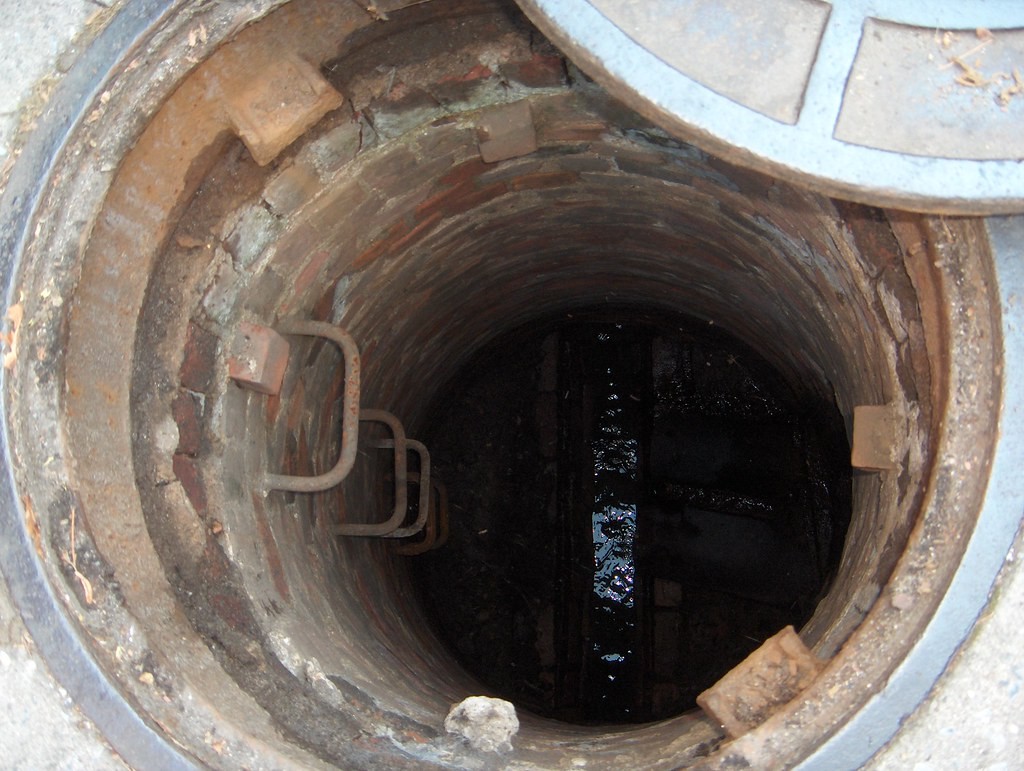Last week, Southern Water was fined £90 million for dumping raw sewage into the waters around Britain. This is not the first, second, or even the third time that Southern Water has been fined for this blatantly illegal and harmful activity; since privatisation in 1989, Southern Water has been fined dozens of times for dumping raw sewage into Britain’s waterways. Nor is Southern Water an exception; every other privatised water authority in Britain has been fined multiple times for pumping raw sewage directly into Britain’s water.
These leaks and dumps of raw sewage have had deleterious effects on biodiversity, from killing commercially important clam beds to destroying inland wetlands which have been listed as a conservation priority by the government, while also having harmful effects on human health. Clearly, the current system of private companies running England’s water supply only to get fined if they dump raw sewage, isn’t working; yet the government shows no indication of changing how England’s water infrastructure is run.
Unlike in other hyper-capitalist countries, like the United States, the story of how privatised water companies get away with raw sewage pollution isn’t one of regulatory capture. Indeed, Ofwat, for all of its faults, is one of the jewels of Britain’s bureaucracy. Were it not for them and their investigators, it is likely that the private water companies would be dumping even more sewage into British water and spending even less of their profits on infrastructure improvements. However Ofwat, like all elements of the government, has seen its budget significantly cut over the last decade of Tory austerity, leading to shortages both in staff and in resources to investigate claimed instances of sewage leaks. Add to these cuts in local authorities, whose job it is to search for violations for Ofwat to investigate but which have seen severe budget cuts of their own, and it is likely that the known dumps of raw sewage are just a minute fraction of the true amount of damage being done by these private companies to England’s waterways.
To be fair to these private companies, there is an added factor that is making it harder to prevent large amounts of raw sewage from entering British waterways: climate change. Much of the current infrastructure being used to treat water in Britain is decades, if not over a century, old. In London, much of Joseph Bazalgette’s original 1885 sewage system built for the Metropolitan Board of Works is still being used. This infrastructure comes from an age before climate change, when how much rain certain parts of the country would have remained more predictable. Despite Britain avoiding the worst of climate change and remaining, for the most part, the slightly damp island we are accustomed to, our country has had an increase in the number of days where freak storms increase the amount of water flowing into the sewage system beyond its capacity; a 37% increase between 2019 and 2020 alone.
In the past, this was not necessarily a problem; as unpalatable as it might be, the ecosystem can deal with a few days a year with raw sewage, so long as it is given time to recover between these freak events. But with climate change making these days more frequent, our sewage infrastructure is forced to cope with more water than it was designed for, leading to more days of raw sewage being dumped into British waters.
While we’re being fair to these companies, however, it is still their fault that raw sewage is being dumped into British waters, climate change or no climate change. The precise day of a freak storm may not be predictable decades in advance but the broad implications of climate change and an increasing population for sewage infrastructure have been known for decades.
Since the early days of water privatisation in Britain, activists and regulators have been raising the alarm over companies not investing in infrastructure as they ought to, and the consequences of these decades of lack of infrastructure have been predictable; millions of tonnes of raw sewage in British waterways. Companies have taken the profits which the defenders of privatisation insisted would go to infrastructure investment, and instead given it to private shareholders. Far from investing in infrastructure in order to avoid fines, the private water companies of England have accepted regular fines for pollution as a cost of doing business, in the process helping enrich a few investors while impoverishing British nature and the British public.
Sewage and water treatment needn’t be run like this. Britain was a pioneer of publicly owned sewage systems, starting with London’s sewage system which was operated by the city of London from 1885 onwards. Even within Britain, Wales and Scotland have managed to undo much of the damage of privatised water companies, with devolved Labour governments either nationalising the local water company or making it a not for profit in the early days of devolution. A public good like water cannot be sustainably or responsibly run by private interests. So long as the water companies in England remain private and profit driven, they will seek ways to evade investment and regulation to maximise their profits. Only by nationalising the water of England, and thus placing it in the democratic control of the people, can we hope to live in a country whose infrastructure is built for the 21st century, and whose beaches and rivers are safe for human and wildlife alike.


